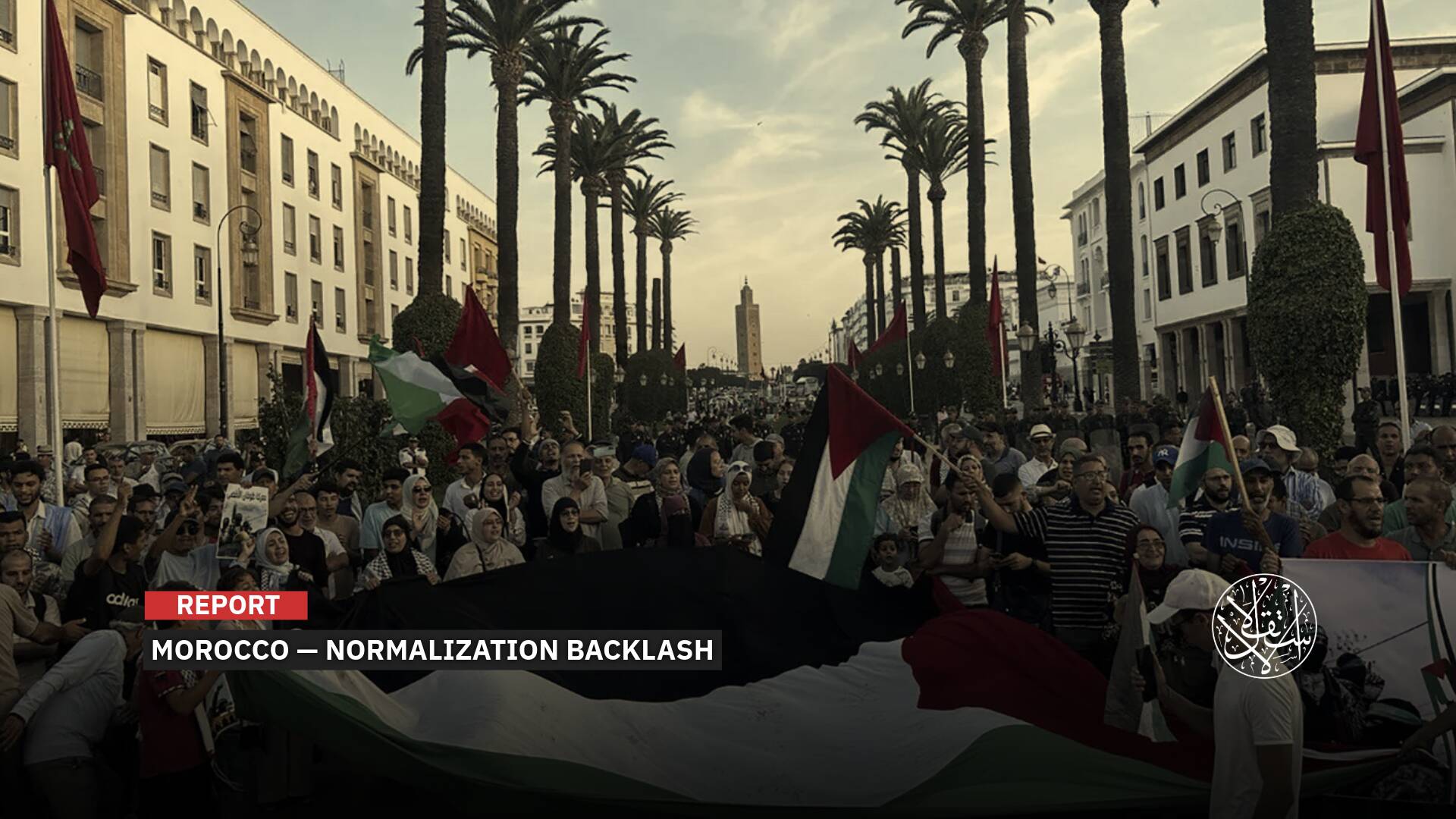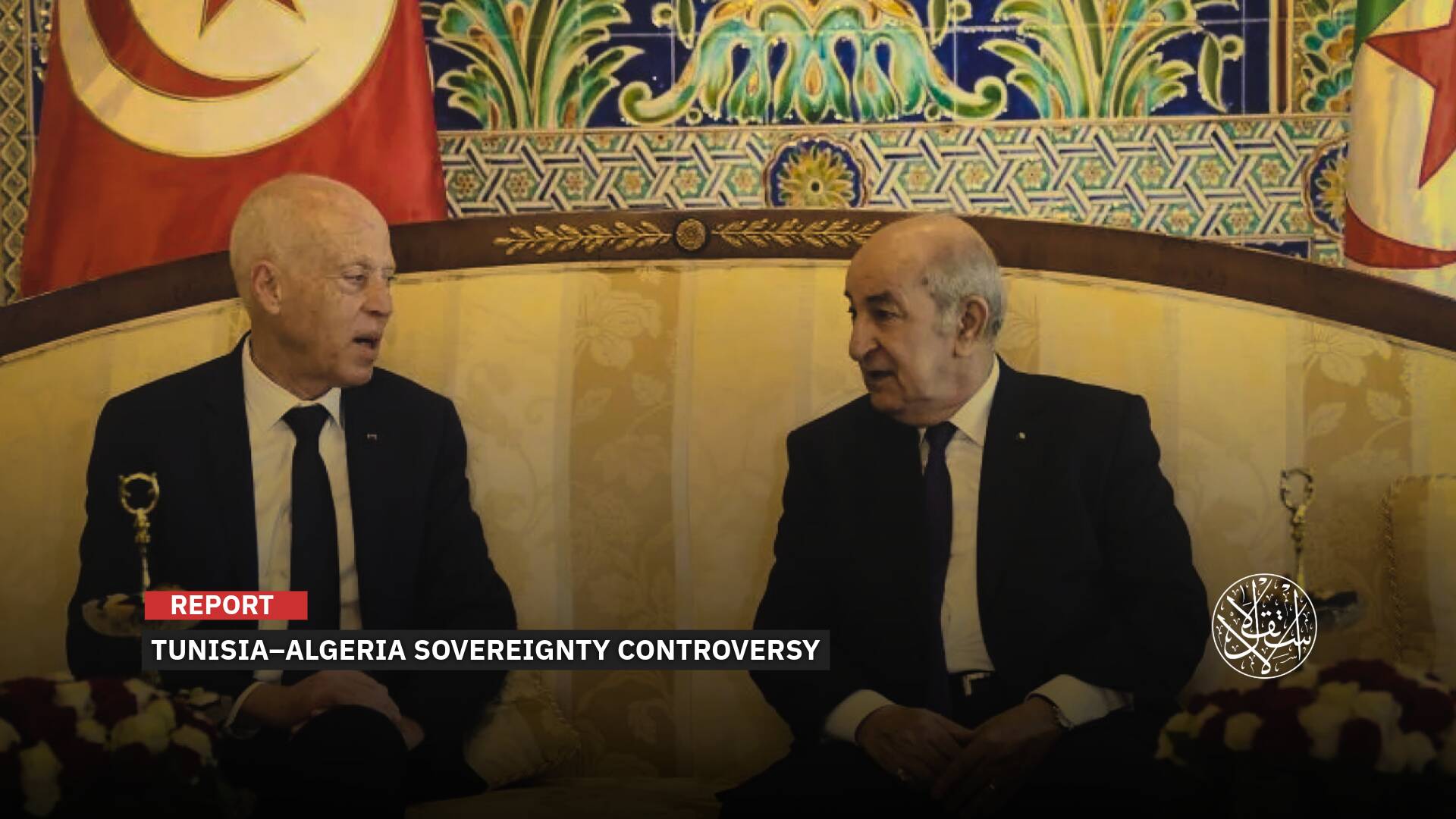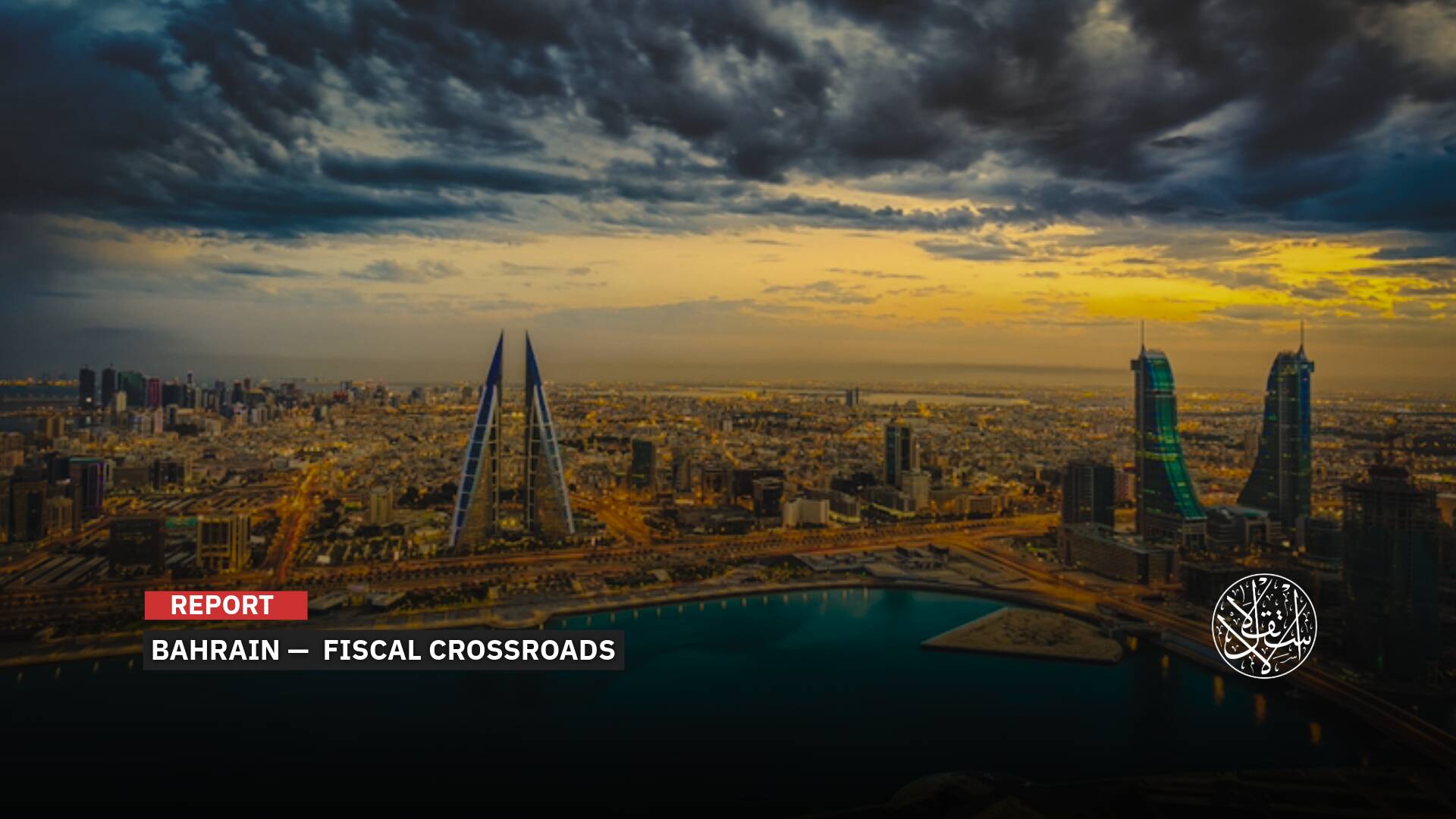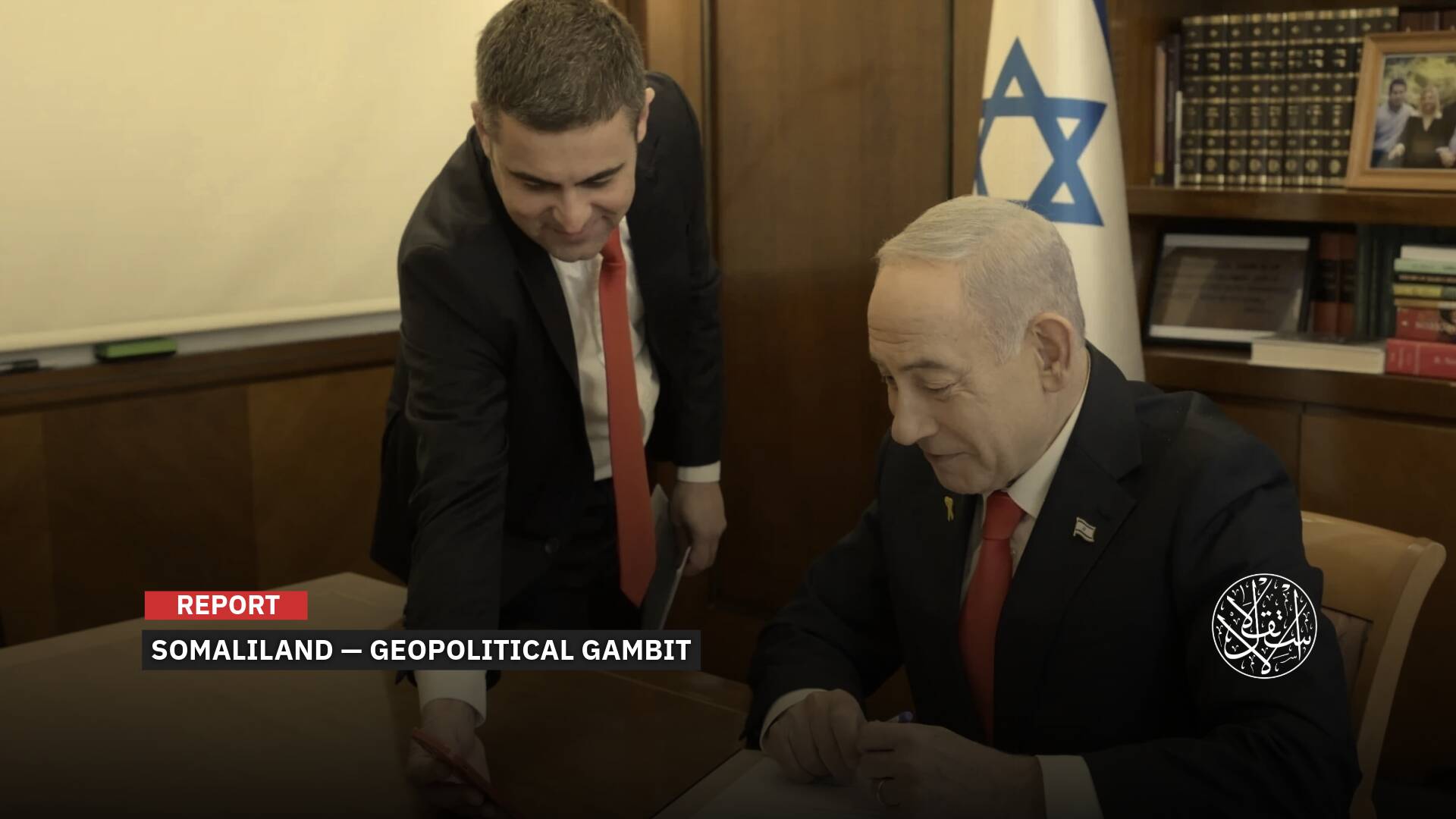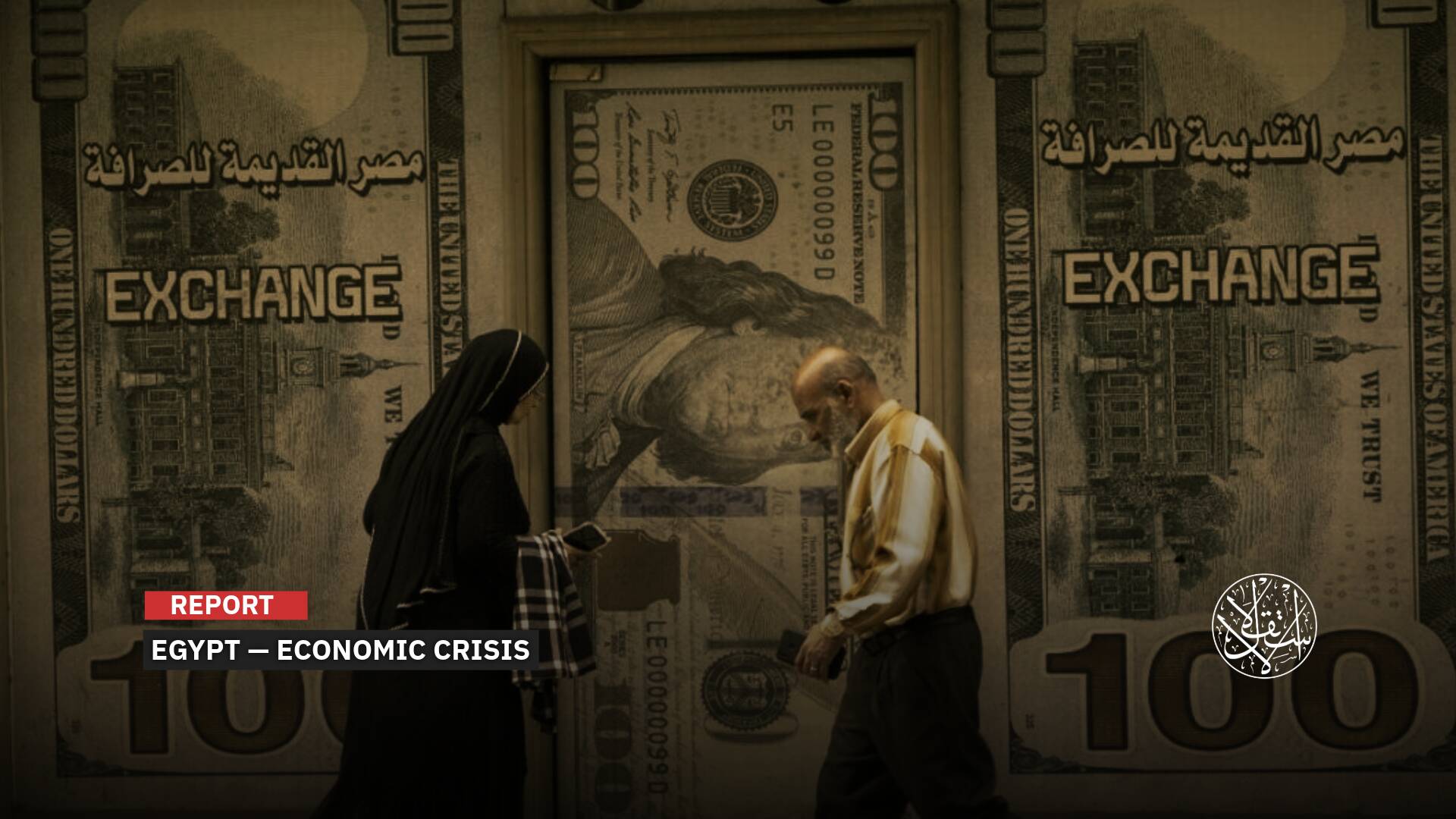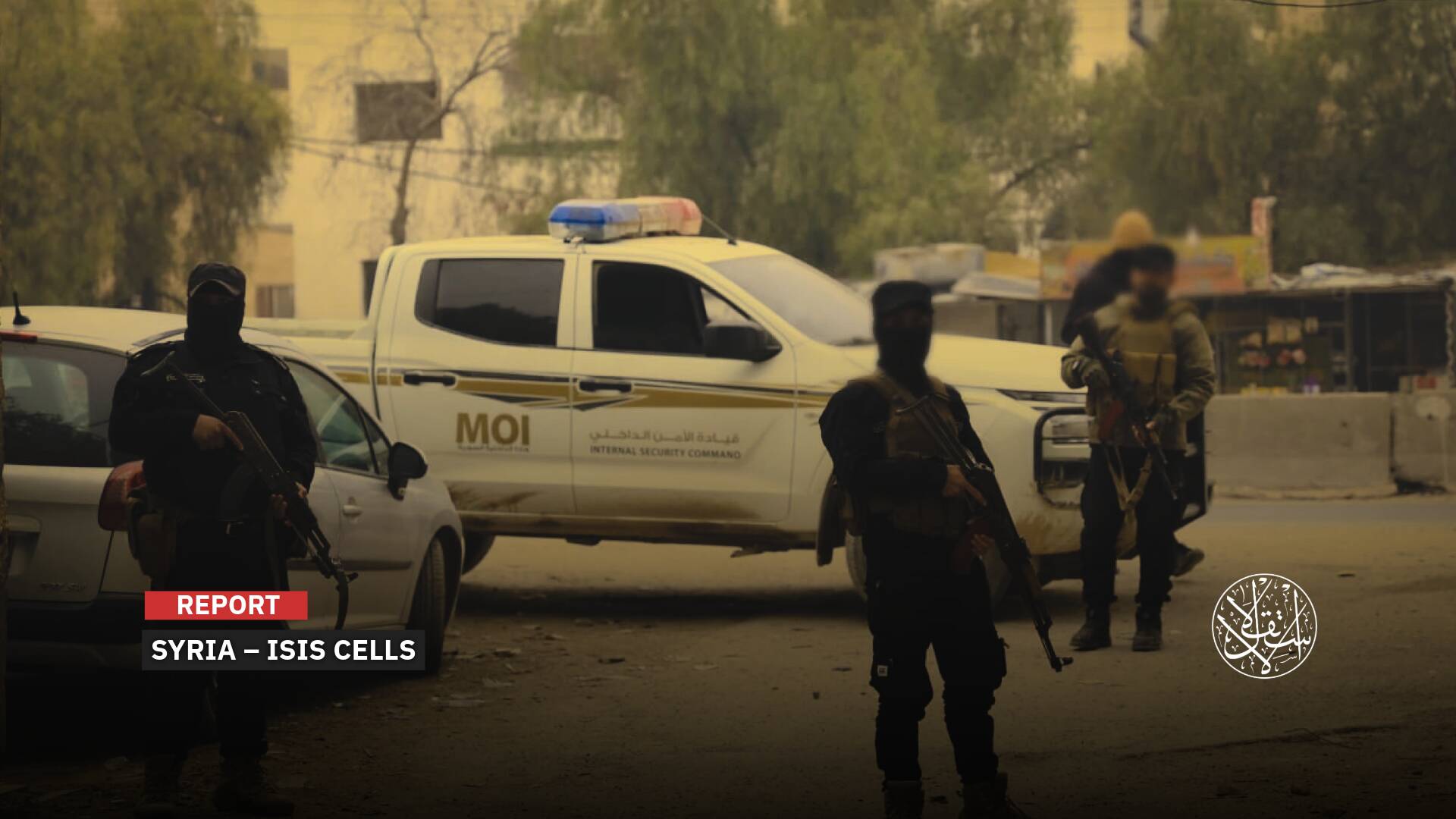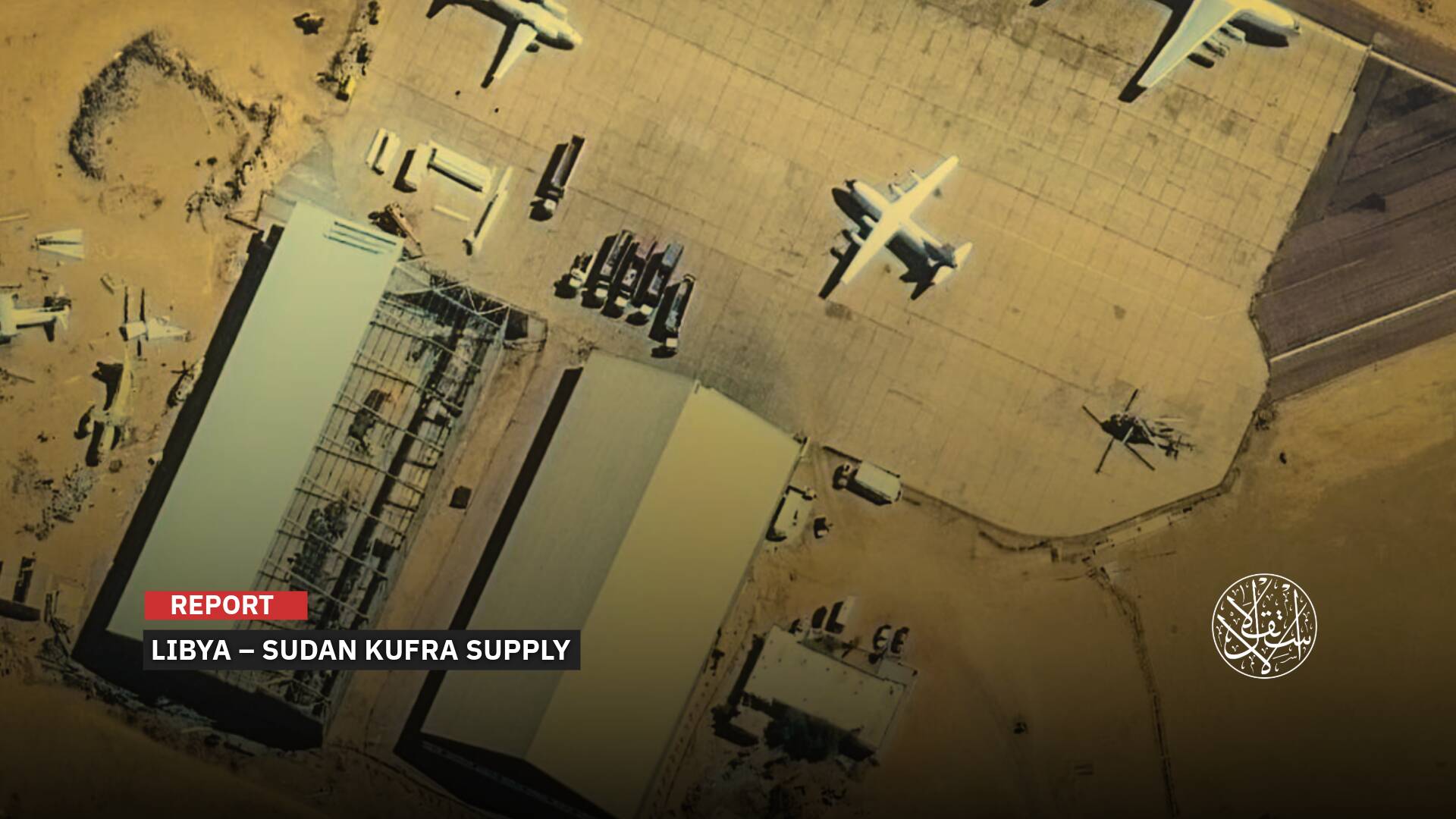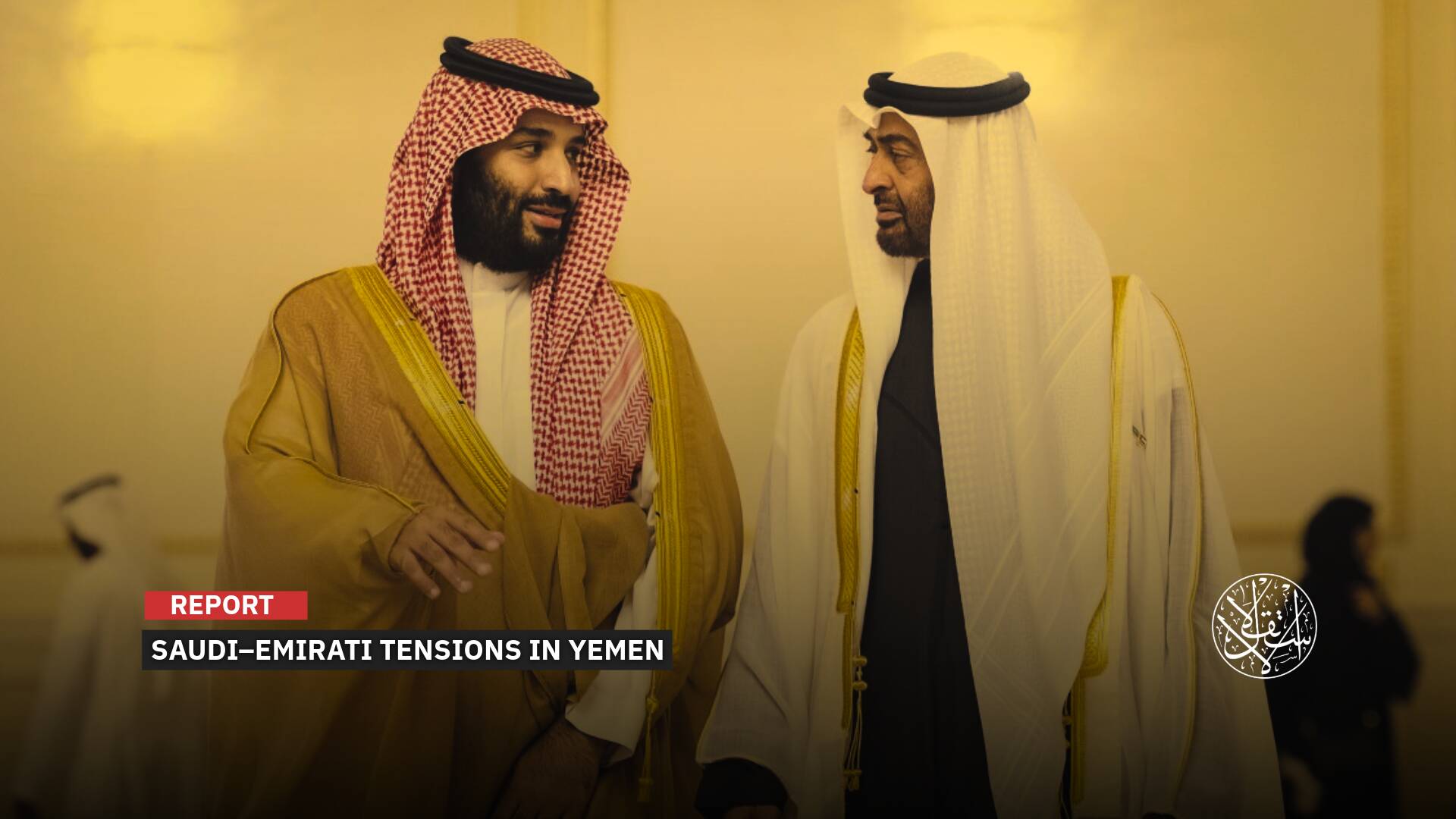'Leave Him to the Wolves': The West Takes Position Against the Saudi Crown Prince

Once described as the "great reformer," the West's tone changed with Saudi Crown Prince Mohammed bin Salman (MBS), as political makers ignored him in what western media called descriptions of several, most notably the "villain" and the "dictator," representing a clear shift towards the potential king.
Al-Estiklal monitors the crystallization of Western positions against MBS, and the reasons for this, after receiving Western attention since he took office, despite accusations in 2018 of the murder of Saudi journalist Jamal Khashoggi at his country's consulate in Istanbul.
Changing Attitudes
In an April 26, 2022 article published by the British website Middle East Eye for the Saudi Opposition Academy, Madawi al-Rasheed spoke of the reasons for the shifting attitudes of Western media professionals and policymakers from MBS after six years of U.S. support.
"The euphoria of some journalists who met the rising prince in Riyadh for interviews has dissipated, bringing in their minds a new picture of him differently, and after they called him the great reformer, they are talking about him as an evil or a dictator," the writer said.
"Mohammed bin Salman challenged his guardians in Washington by ignoring President Joe Biden's demand for increased oil production and saving the United States and the world from the consequences of an imminent economic crisis," she said.
"As the world continues to suffer because of the sharp rise in energy prices, MBS’s Western partners, sometimes referred to as allies, have failed to understand it."
"Prominent journalists have published more than six books about the Saudi crown prince, and western policymakers have chosen to ignore his most obvious qualities, namely treachery," she said.
"The reasons for MBS’s recent demonization are not the murder of journalist Jamal Khashoggi in 2018 by elements of the Saudi regime, but the Russian invasion of Ukraine."
"Nevertheless, the United States and its allies preferred the option of refraining from imposing any sanctions on the next king of Saudi Arabia, in an effort to make communication and dealing with the rising ruler better than to ostracize him and distance him from him."
"Now, the Crown Prince of Saudi Arabia has become evil, and a dictator who cannot be trusted, refusing to abide by the old deal through which the Kingdom will receive U.S. protection in exchange for loyalty to it," she said.
"The sin of Mohammed bin Salman, the president, is to ignore U.S. interests and refrain from publicly condemning Putin's invasion of Ukraine, he respects and follows Russian President Vladimir Putin, and strives to reshape himself in his image, and that is of course after former President Donald Trump," she said.
"Six years after he reached the pyramid of power in Saudi Arabia, Mohammed bin Salman has become condemned as a dictator who challenges the United States in the back and fails to meet the requirements of the old deal, which guarantees unlimited oil flows in exchange for security," she said.

'Childish Prince'
At the same pace, the Wall Street Journal said on April 20, 2022, that "the way the crown prince receives and deals with U.S. national security adviser Jack Sullivan, in Saudi Arabia, is controversial."
"Mohammed bin Salman, 36, received Jack Sullivan in September 2021, and he was wearing shorts," the paper said, noting that he "adopted a calm tone at the beginning of the meeting, but that changed after the Khashoggi case was raised."
"President Joe Biden's national security adviser opened up the killing of Saudi journalist Jamal Khashoggi, angering MBS and making him scream at him," it said.
"According to eyewitnesses, the Prince made it clear to Sullivan that he never wanted to discuss this again." "The United States can forget its request to increase oil production," he said.
The Wall Street Journal article described MBS as "childish" for wearing shorts when he received Sullivan and then yelling at him during the meeting.
Saudi King Salman bin Abdul Aziz and Crown Prince Mohammed have rejected Biden's calls for more oil from the kingdom, OPEC’s de facto leader, and the king has pledged to abide by the Organization of Petroleum Exporting Countries agreement with Russia to curb production increases.
On March 3, 2022, in an interview with The Atlantic, Salman responded to Biden's position on Khashoggi's case by saying, "Simply put, I don't care if he misunderstands me, it's up to him to think about America's interests."
Now that oil prices are rising to record levels, and the United States is looking at enemies such as Venezuela and Iran for alternatives to Russian oil, reports say that Saudi Arabia is refusing to increase its oil production to offset Russian oil that America wants to ban.
U.S. President Joe Biden should punish Saudi Arabia and its crown prince for supporting Russia, Foreign Policy magazine said, noting that Riyadh can make a difference in oil markets but has chosen to stand by its autocratic colleagues rather than the United States.
This was stated in a joint article published by the magazine on March 22, 2022, by Khaled al-Jabri, son of Saudi opposition security official Saad al-Jabri, and Annelle Sheline, a research fellow at the Quincy Institute for Responsible Governance.
"At a time when the United States and its allies are united against the Russian invasion of Ukraine, Saudi Arabia stands with Russia by not publicly condemning the invasion and affirming its commitment to the OPEC+," they said in the article.

'Leave Him to the Wolves'
On April 23, 2022, the Chicago Tribune published an article by former U.S. diplomat Elizabeth Shackelford entitled "It's time to leave Saudi Arabia to wolves."
The previous diplomat refuted the reasons for the long U.S. partnership with the kingdom, which was based on safe access to oil by increasing supply in times of crisis and maintaining global oil trade in U.S. dollars.
Shackelford said the kingdom has the second largest oil reserves in the world and, more importantly, has an unparalleled ability to increase supply in times of crisis.
Saudi Arabia has also played a key role in maintaining the global oil trade in U.S. dollars, helping to maintain high demand for our currency and stabilize its value, she said.
"Saudi Arabia has become a worse representative than ever before, both at home and abroad. Advocates for maintaining the relationship may point to modest reforms under Crown Prince Mohammed bin Salman, who took over as de facto leader in 2015 when his father ascended the throne."

However, she notes that "these reforms were soon undermined by the brutal repression of the opposition, and MBS was praised for allowing women to drive, but he soon imprisoned many activists as if reminding them that he retained full control."
"The killing and dismemberment of Washington Post journalist Jamal Khashoggi was a gruesome display of MBS’s brazen attack on his critics," the former U.S. diplomat said.
"MBS also defended a more aggressive foreign policy. Instead of helping to secure our interests in the region, our military support has encouraged the Saudi state to act relentlessly in a dangerous area. If there is stability there, that is no longer the case."
"Successive U.S. administrations have overlooked the kingdom's bad tampering with its promise that the kingdom's ability to deliver oil to the world market will protect the United States from serious economic and security damage at a time when we desperately need it," the former diplomat said.
Since the Russian invasion of Ukraine in February, gas prices have risen, according to the author. Europe's dependence on Russian oil and gas remains the main obstacle to Europe's accession to the United States in banning Russian energy imports.
This means that Europe continues to provide Russia with the resources to fight its war, which amounts to nearly $1 billion a day.
"Saudi Arabia, however, has literally failed to respond to America's call. When faced with a clear opportunity to help its security guarantor on a critical issue by pumping more oil to help supply Europe and ease pressure on global gas prices, the Kingdom retreated."
"If the Kingdom cannot stand with the United States against Russia in the face of its indefensible aggression against Ukraine, it is time for Washington to ask what this partnership is useful," the author concluded. Our support for Saudi Arabia has never paid off, and it has never been clearer than it is now."
Sources
- Why the West is turning against Mohammed bin Salman
- How U.S.-Saudi Relations Reached the Breaking Point
- After bin Salman refused Biden's call and met his oil demands. The Secret of Saudi Arabia's Unprecedented Rebellion against America [Arabic]
- Biden Should Punish Saudi Arabia for Backing Russia
- Chicago Tribune: Former U.S. diplomat. It's time to leave Saudi Arabia to wolves [Arabic]
- Mohammed bin Salman on whether Biden misunderstood him: I simply don't care [Arabic]


